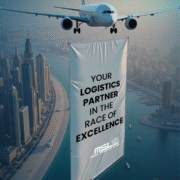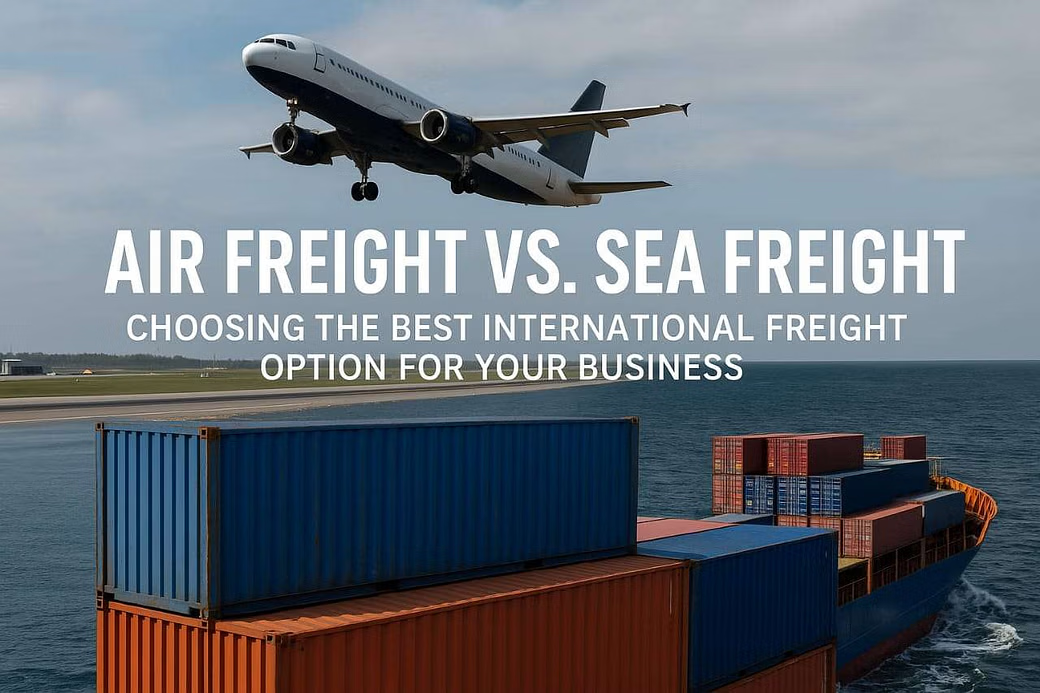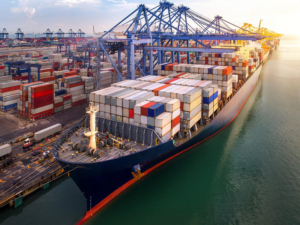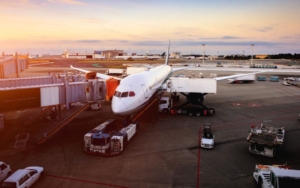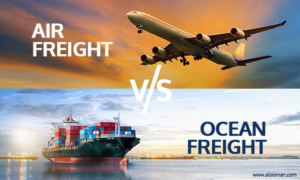Overcoming Common Shipping Challenges with MSL: International Freight Shipping Solutions
In today’s global trade, shipping can be challenging for businesses of all sizes. Delays, cargo damage, high costs, and customs compliance are common obstacles that can disrupt supply chains and affect customer satisfaction. Fortunately, MSL provides international freight shipping solutions that help companies overcome these challenges efficiently, ensuring that businesses can operate smoothly and focus on growth.
1. Cargo Delays
Shipping delays are one of the biggest challenges in global logistics. For example, port congestion, bad weather, or documentation issues can slow down deliveries, causing frustration and operational inefficiencies. However, MSL minimizes these delays with advanced tracking systems and proactive shipment management. By continuously monitoring shipments and providing real-time updates, MSL ensures that your cargo reaches its destination on time, keeping your customers satisfied and your supply chain running smoothly.
2. Cargo Damage
Improper handling, rough transit, and inadequate packaging can lead to damaged shipments, which can result in financial losses and unhappy customers. Therefore, it is crucial to have a reliable freight partner. With MSL’s professional international freight shipping solutions, every shipment is handled carefully and efficiently. Additionally, their cargo protection strategies include proper packaging techniques, clear handling guidelines, and comprehensive insurance options. These measures safeguard your goods throughout transit, giving you peace of mind and reducing potential risks.
3. High Shipping Costs
Fluctuating fuel prices, port fees, and operational costs can significantly increase shipping expenses. Fortunately, MSL offers cost-effective international freight shipping by optimizing routes, consolidating shipments, and providing competitive pricing without compromising service quality. Moreover, businesses can select shipping options that best fit their budget, such as Full Container Load (FCL) or Less than Container Load (LCL) solutions. This flexibility allows companies to reduce unnecessary costs while still maintaining reliable and timely delivery of their cargo.
4. Customs Compliance
Navigating customs regulations in international trade can be complex and time-consuming. As a result, shipments may face delays or fines if proper procedures are not followed. To address this, MSL ensures smooth customs clearance by providing expert brokerage services. Their experienced team helps businesses remain compliant with all international regulations, significantly reducing the risk of fines and delays. Consequently, working with MSL simplifies international freight shipping and saves time and effort for your operations team.
5. Lack of Shipment Visibility
Without proper tracking, businesses may struggle to monitor their shipments, causing uncertainty and potential mismanagement. However, MSL provides real-time updates and a transparent tracking system for all shipments. As a result, businesses are always informed about the status of their cargo, enabling them to plan better and make timely decisions. Additionally, this transparency helps build trust with clients, as they can also track their orders with ease.
Why Choose MSL for International Freight Solutions
-
Global Network: MSL connects you to ports and shipping routes worldwide, providing unmatched reach and convenience.
-
Expert Handling: With decades of experience in global freight services, MSL ensures reliable and professional handling of all shipments.
-
Flexible Options: Also, choose between Full Container Load (FCL) and Less than Container Load (LCL) solutions depending on your business needs.
-
Insurance Coverage: Protect your cargo with comprehensive insurance options to safeguard against unexpected risks.
Conclusion
Shipping challenges are inevitable in global trade, but with MSL’s international freight shipping solutions, businesses can effectively manage delays, cargo damage, high costs, and customs compliance. By partnering with MSL, companies gain access to advanced tracking systems, expert handling, flexible shipping options, and reliable insurance coverage. In other words, MSL ensures smooth, efficient, and cost-effective international freight shipping, making it a trusted partner for businesses seeking reliable international freight solutions.

